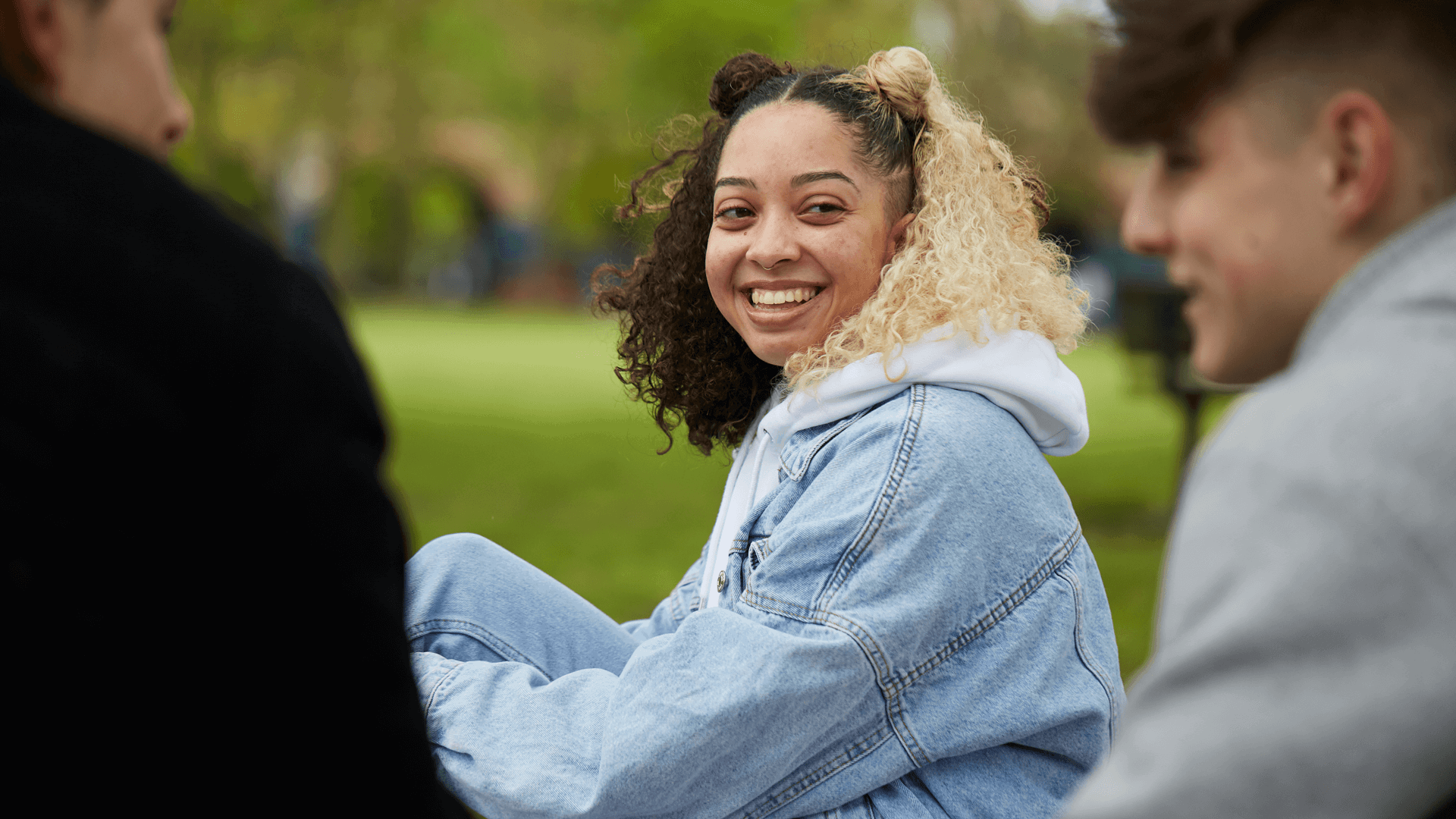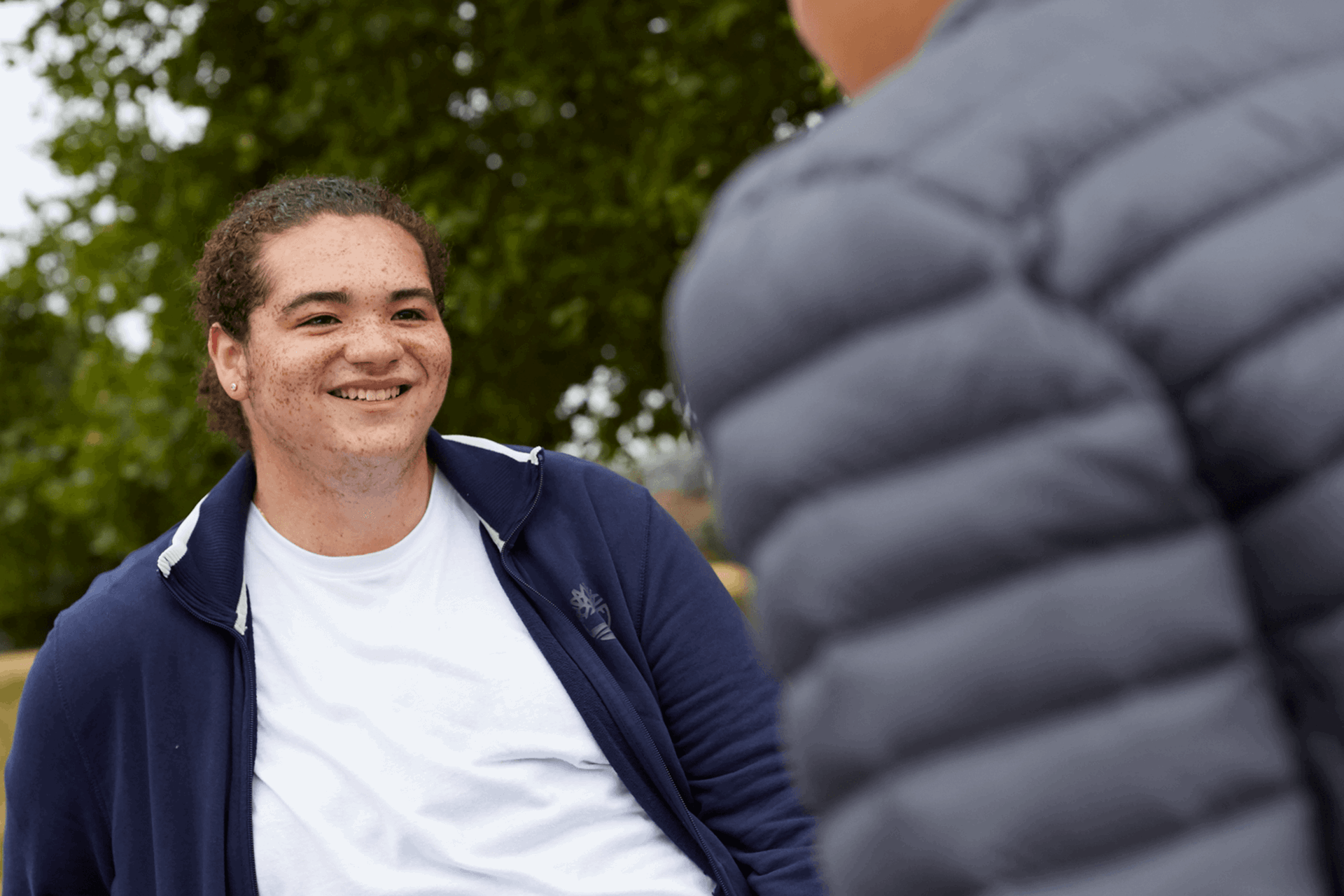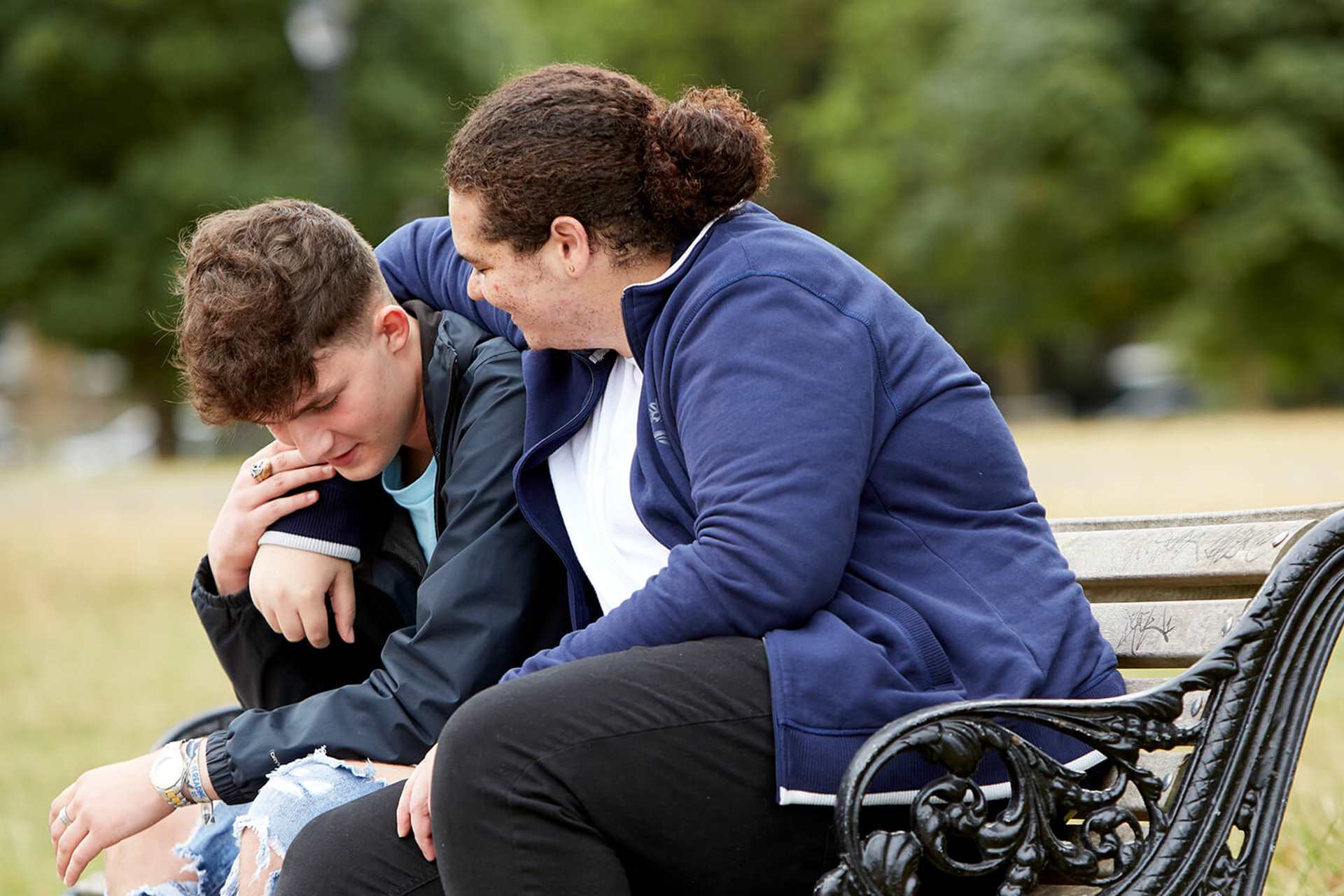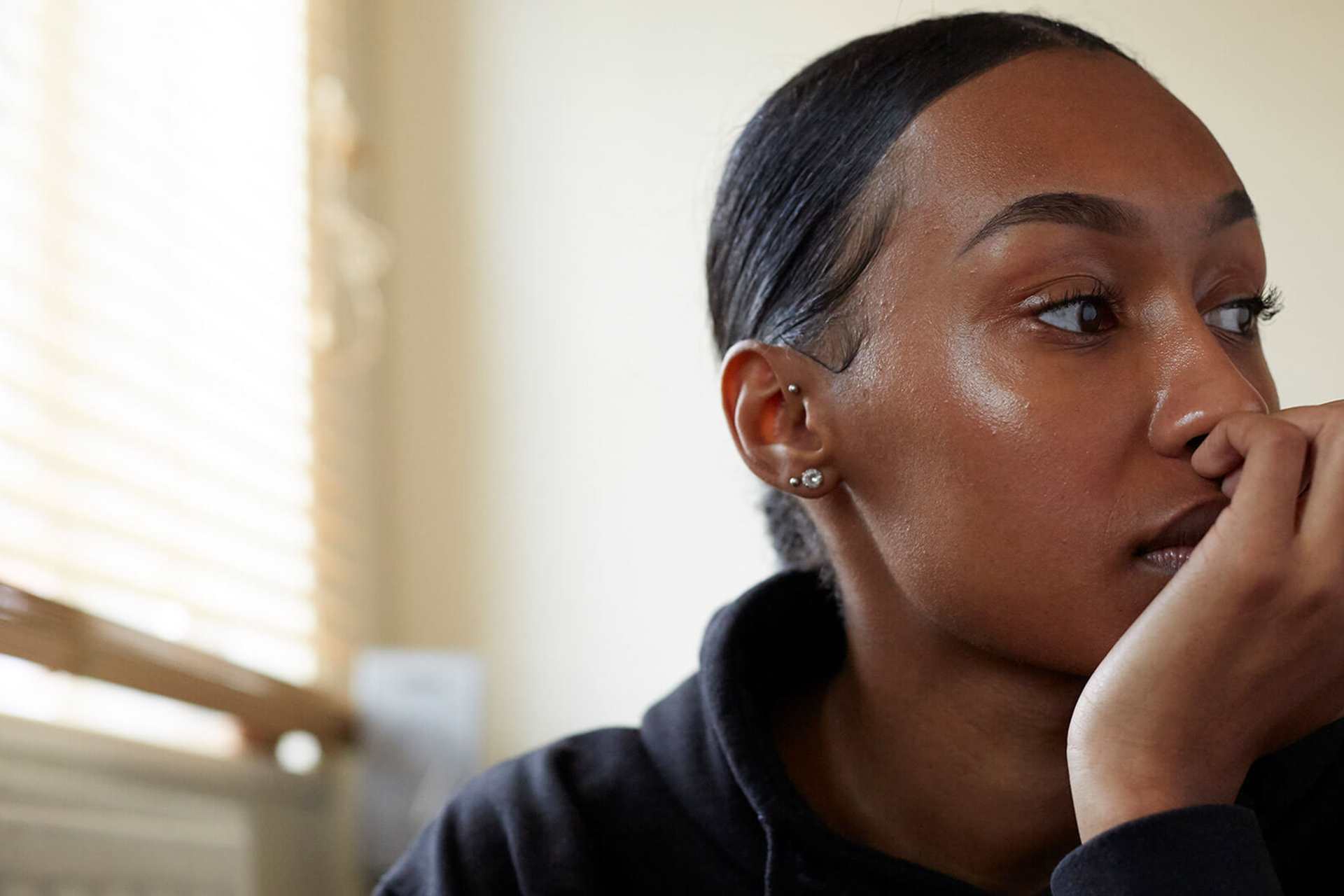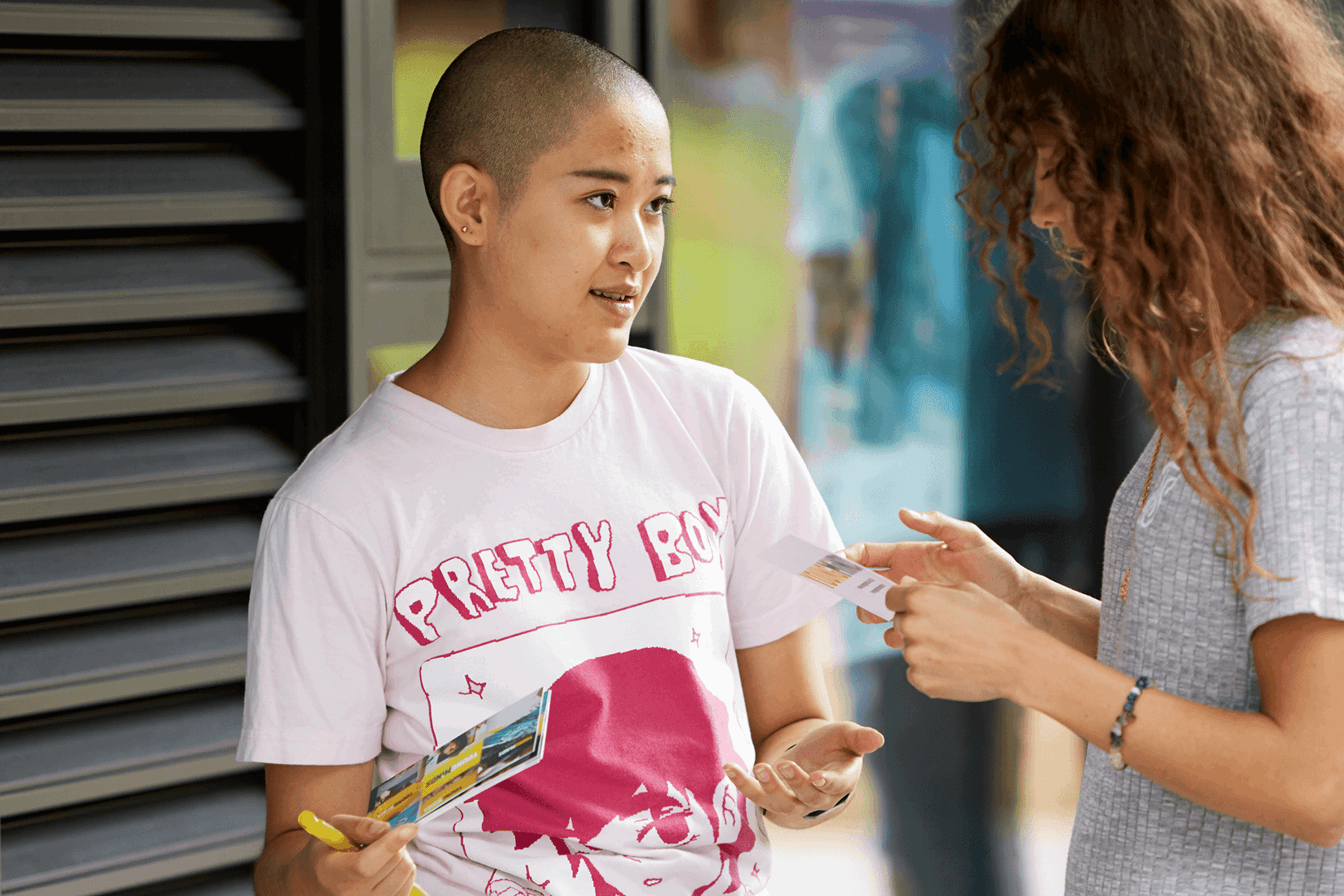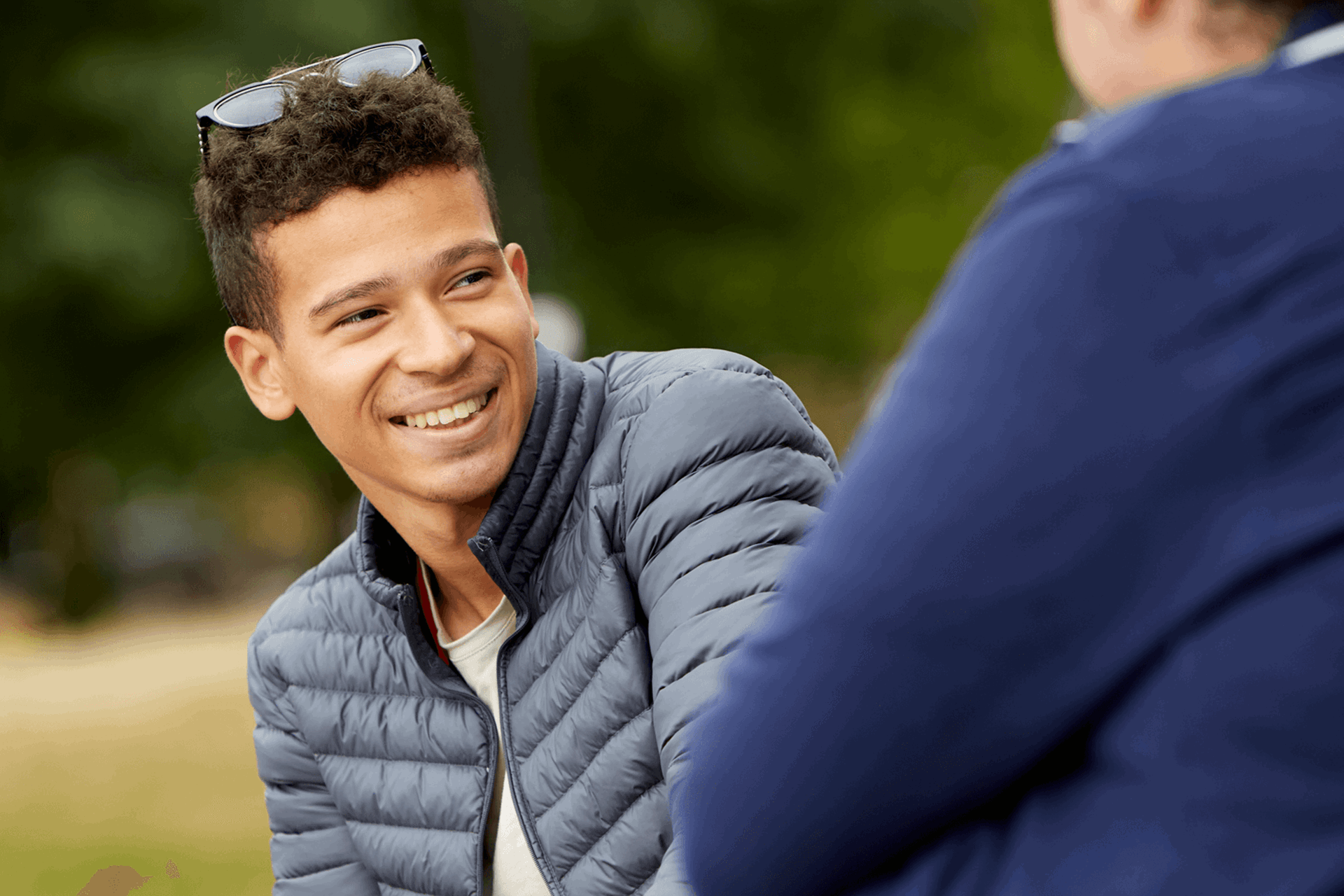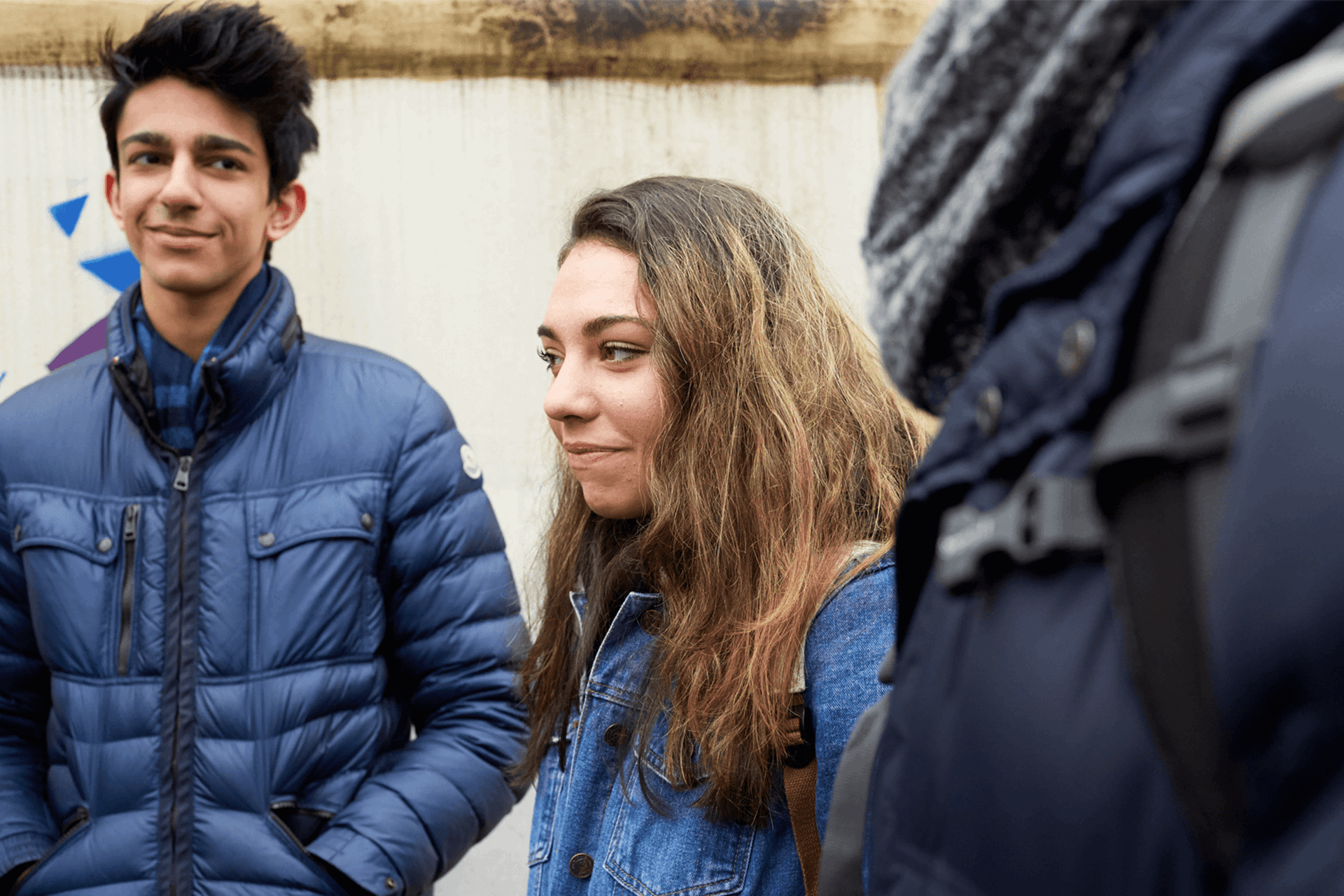Topics mentioned: self-care
About: We often hear how mindfulness can help improve our wellbeing, but knowing where to begin can feel a little overwhelming. Rachel shares how she practises mindfulness to improve her mental health.
Practising mindfulness can be a really helpful tool for looking after our mental health. Becoming more aware of our thoughts and feelings can help prevent them from overwhelming us all of a sudden.
Most people think mindfulness is another word for meditation. Mindfulness does include meditation, but it’s much more than that; it’s being aware of your surroundings and accepting them in a non-judgmental and welcoming way. It’s a very personal experience – no two people will have the same journey – but it’s important to figure out what works best for you.
Mindfulness does include meditation, but it’s much more than that; it’s being aware of your surroundings and accepting them in a non-judgmental and welcoming way.
Like exercise, getting into good habits takes a little work. You may not see the benefits straight away, and that’s okay, it’s totally normal to struggle at the start. So, to make it a bit easier, I’ve broken down the practice of mindfulness into a few steps that I find helpful.
Get comfortable
I find that meditation is the easiest route into mindfulness and you can easily find videos or audio clips to follow online. You can also try apps like Calm or Headspace. Sit in a comfy chair, or lie down on your bed, and start with a short meditation (the first one I tried was two minutes).
Some videos talk you through the mindfulness practice (these are my favourites) but if they don’t, try to focus on sensations. For example, I like to focus on the sound of the birds outside or the feel of my feet on the floor, but my advice is to choose something constant that makes you feel relaxed.
Don’t worry if you find it hard, you don’t expect to be an Olympic gymnast after doing one handstand, so don’t expect to be a mindfulness guru in one session!
The attitude we adopt when experiencing something can have a great impact on how we deal with it.
Be patient
If you find your thoughts wandering elsewhere, try to gently bring your mind back to whatever you were focusing on. Mindfulness doesn’t include a judgement on whatever is happening, it is simply about observation. The attitude we adopt when experiencing something can have a great impact on how we deal with it.
I call this ‘training the puppy’ because like a puppy, you will notice that your mind will wander away from the path of focus to explore. This is common; it’s simply what minds do. Congratulate yourself when you notice your mind has wandered elsewhere, as it is another step towards becoming more aware of your experiences. And then, just as you would guide a puppy gently back to the path, gently bring the awareness back onto whatever you were meant to be focusing on. This process of 'training the puppy' can help us learn how to be more ‘in the moment'.
Work with what you've got
You can experiment with the length of meditation and what time you do it. I prefer to practise meditations that are a couple minutes long but several times throughout the day rather than a ten-minute practice before bed. If you want to be able to do longer meditations, start with two short meditations each day and slowly build up to longer sessions over time.
Mindfulness is about taking a pause to reflect in a fast-paced life and grounding ourselves in the moment – something which can be really helpful if we’re feeling stressed or anxious.
Apply to real life
Meditation is a great form of mindfulness, but to get the full benefits we need to apply it to our day-to-day life. By doing this, we can improve our performance and the way we handle stress.
One way you can do this is by breaking things down into single steps, which can reduce the pressure of demanding tasks and the stress associated with them. When you wake up, you could take a moment to stretch and breathe before getting up. When walking, you could pay attention to the steps you take and the scenery around you.
Mindfulness is about taking a pause to reflect in a fast-paced life and grounding ourselves in the moment – something which can be really helpful if we’re feeling stressed or anxious.
Keep a mindfulness practice record
A record of your efforts is a valuable way of increasing your awareness of your mindfulness journey and development. You could write about:
- your meditation practices
- moments of everyday mindfulness
- areas of mindfulness you would like to improve
- effects on your wellbeing and performance
I hope my suggestions have been helpful and inspire you to start your mindfulness journey. The main message to take from this is to listen to your mind and body! Don’t worry if you want to take a day or two off from your mindfulness practice, that’s okay. But every now and again, remember to take the time to check in with yourself.
More information and advice
We have tips and advice to help you find the support you need. Take a look at our guides.
Where to get help
However you're feeling, there are people who can help you if you are struggling. Here are some services that can support you.
-
Childline
If you’re under 19 you can confidentially call, chat online or email about any problem big or small.
Sign up for a free Childline locker (real name or email address not needed) to use their free 1-2-1 counsellor chat and email support service.
Can provide a BSL interpreter if you are deaf or hearing-impaired.
Hosts online message boards where you can share your experiences, have fun and get support from other young people in similar situations.
- Opening times:
- 24/7
-
Youth Access
Provides information about local counselling and advice services for young people aged 11-25.
Put in your location and what you need help with into their 'Find help' search, and see what services are available in your area.
